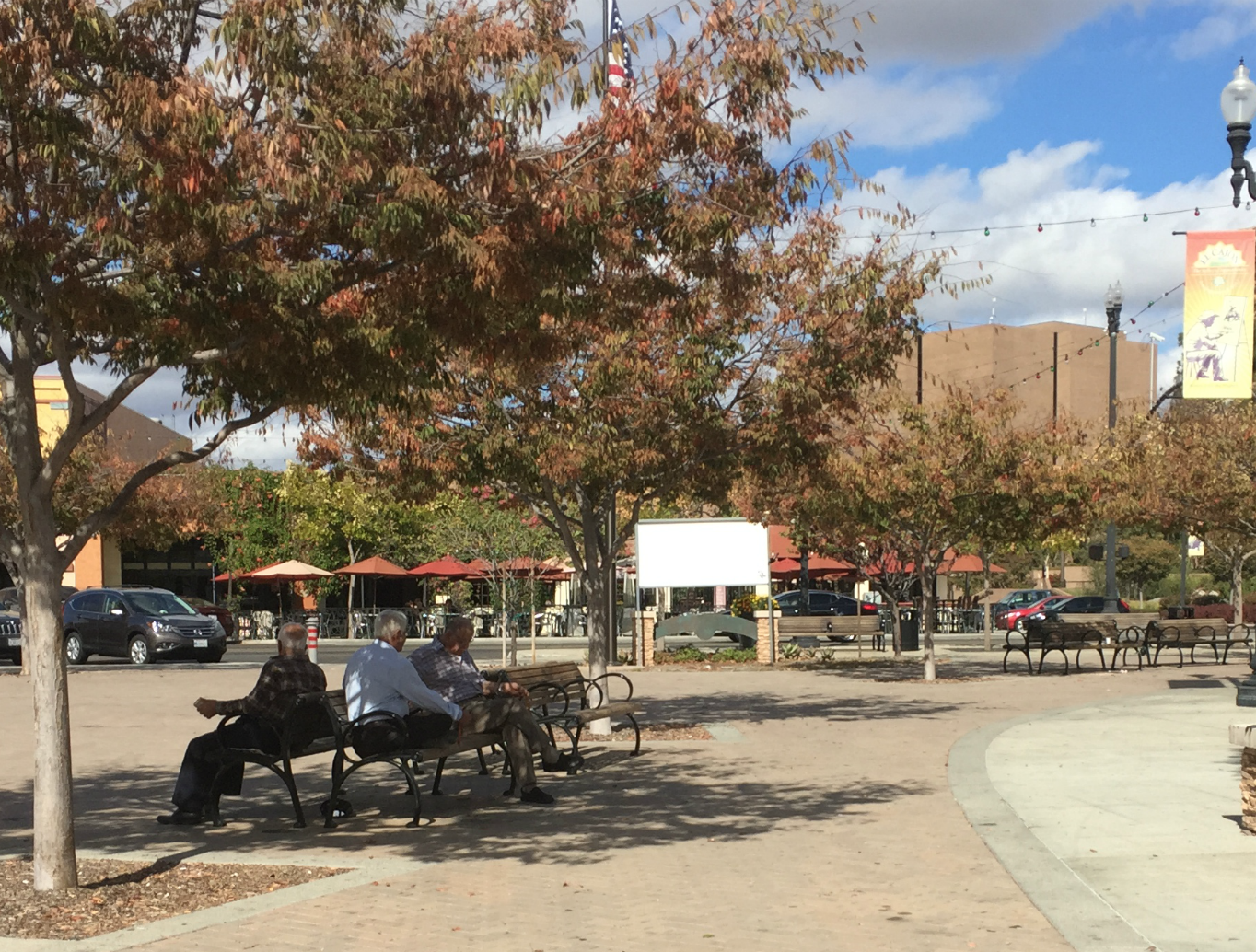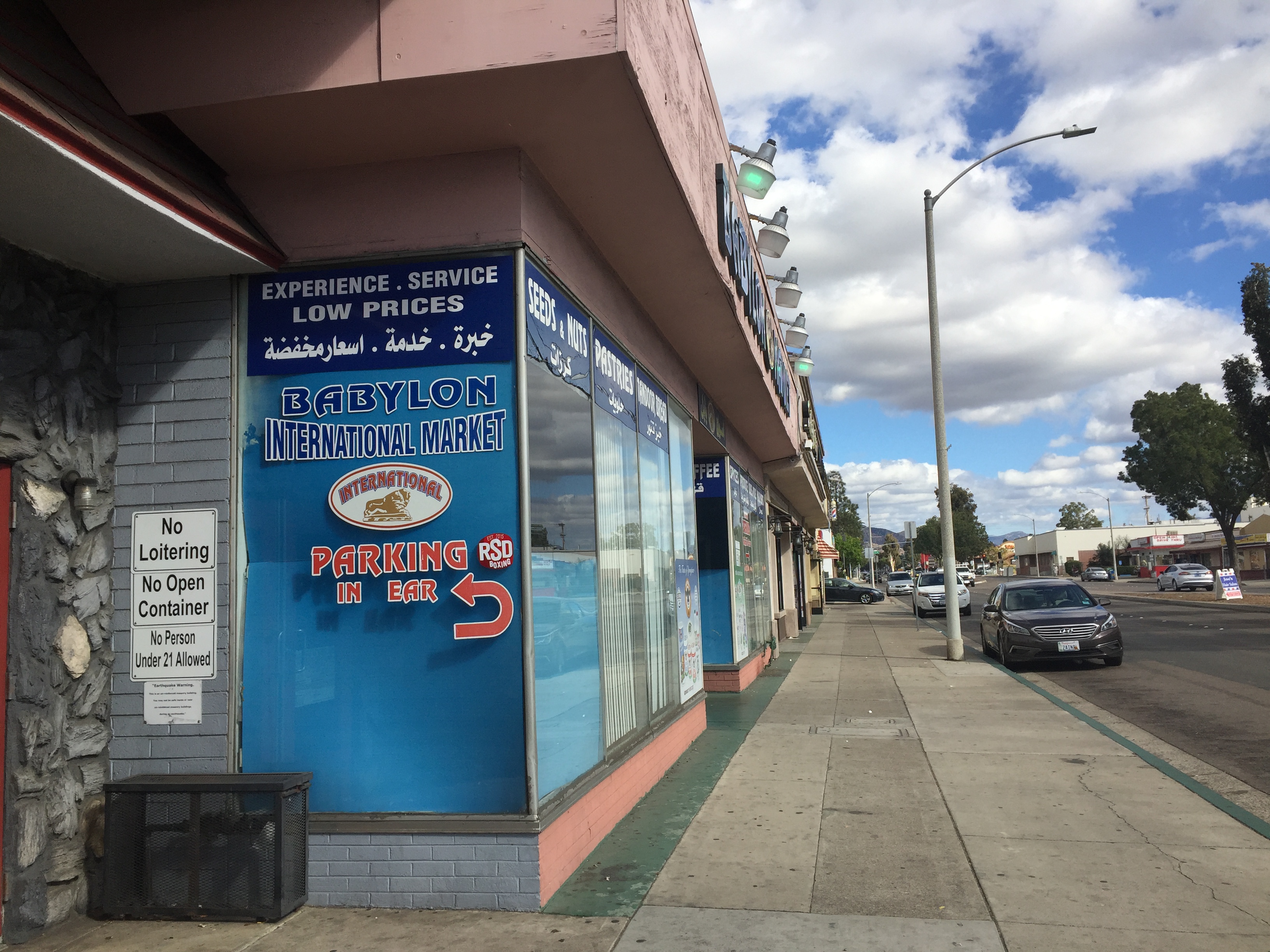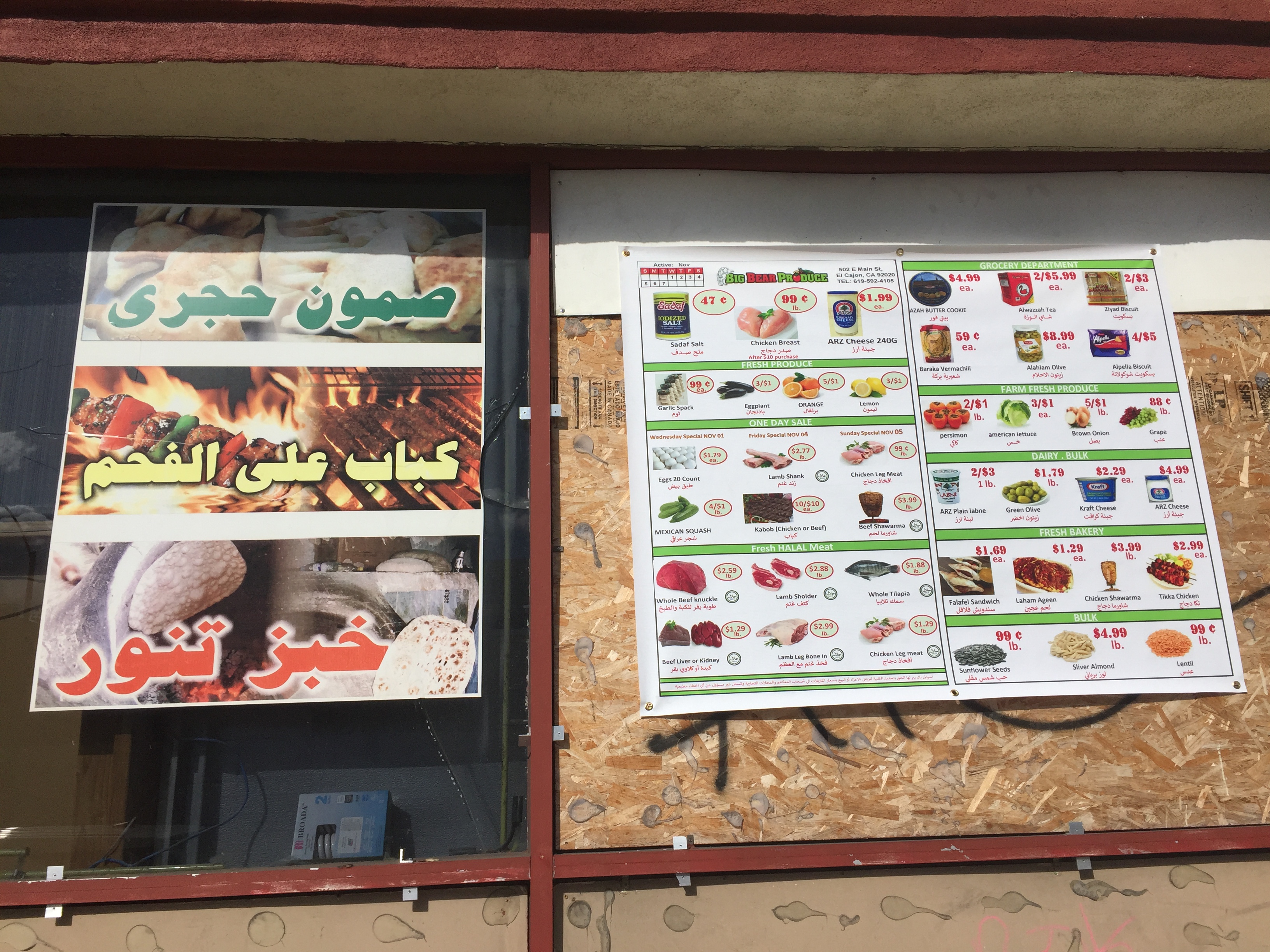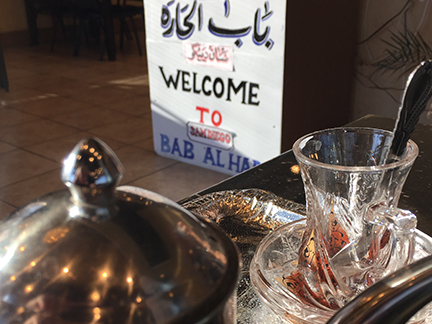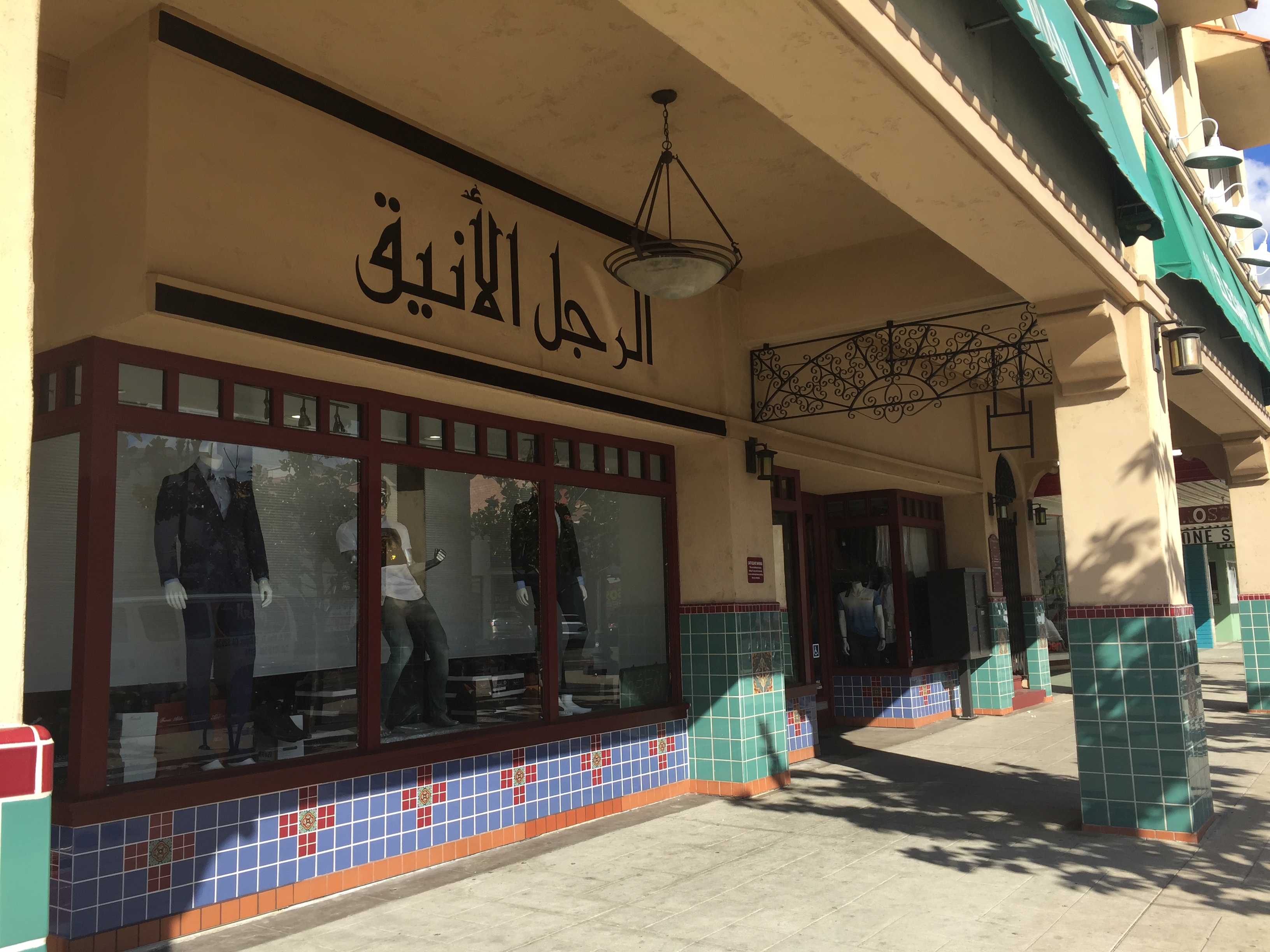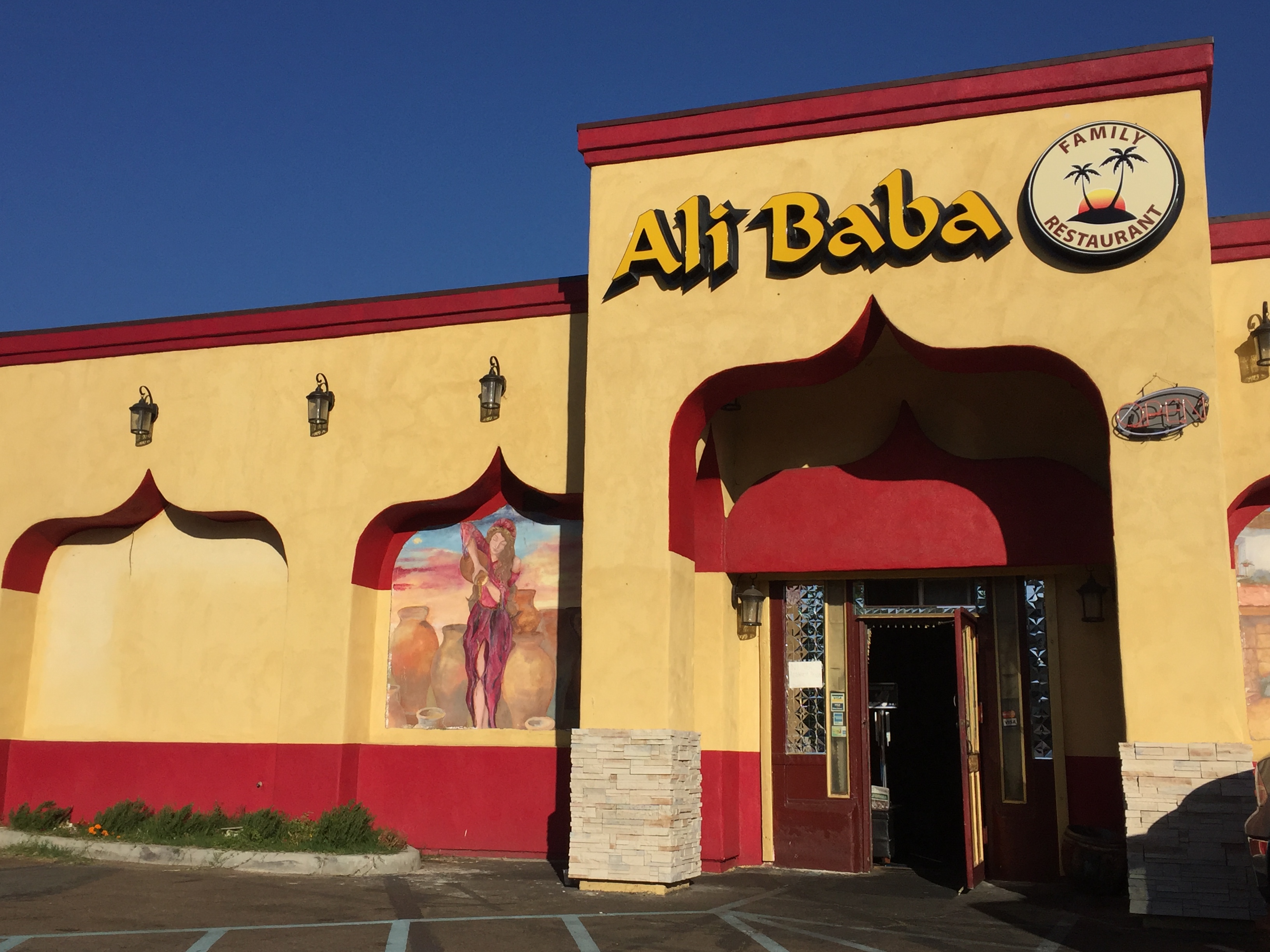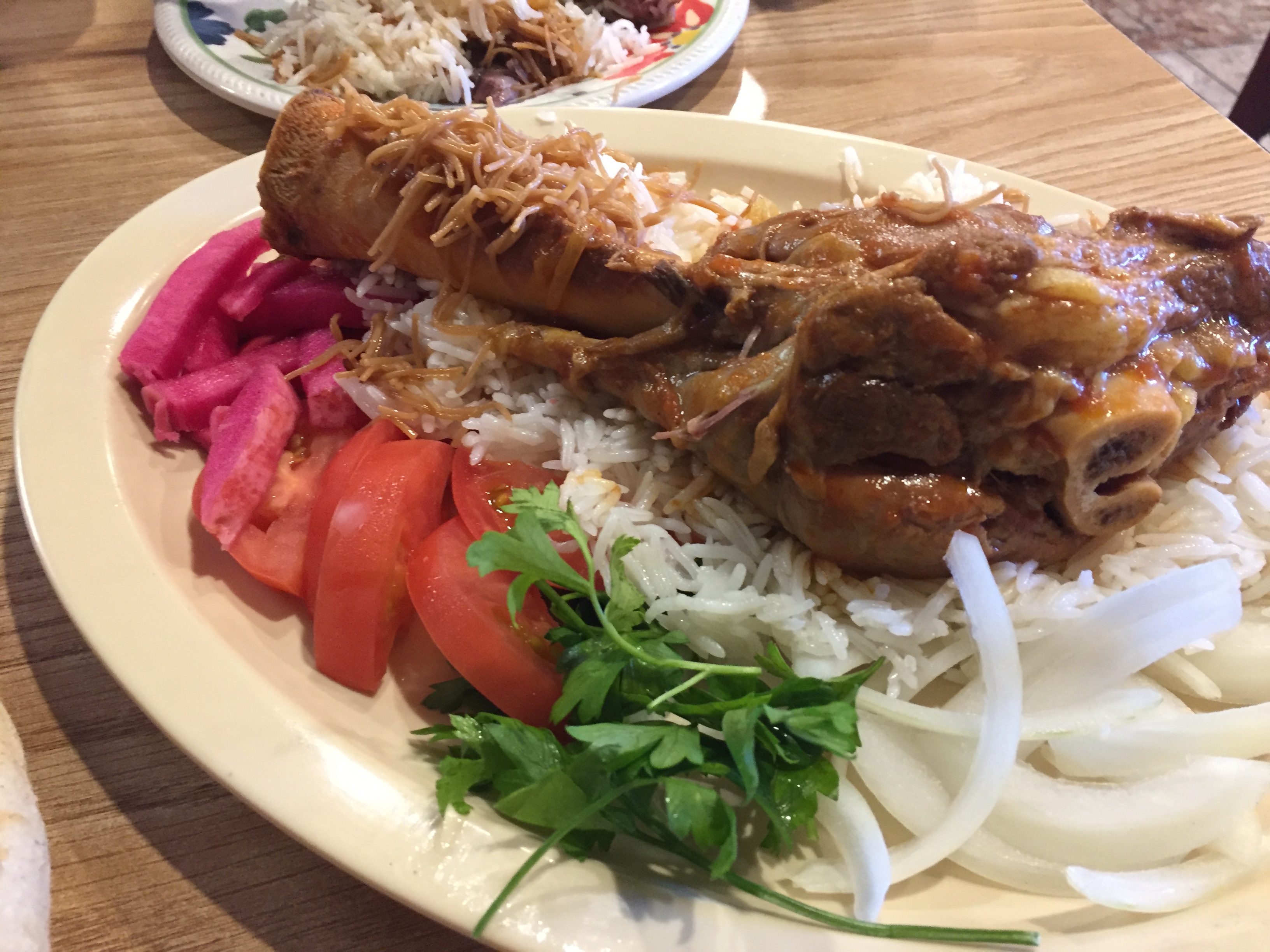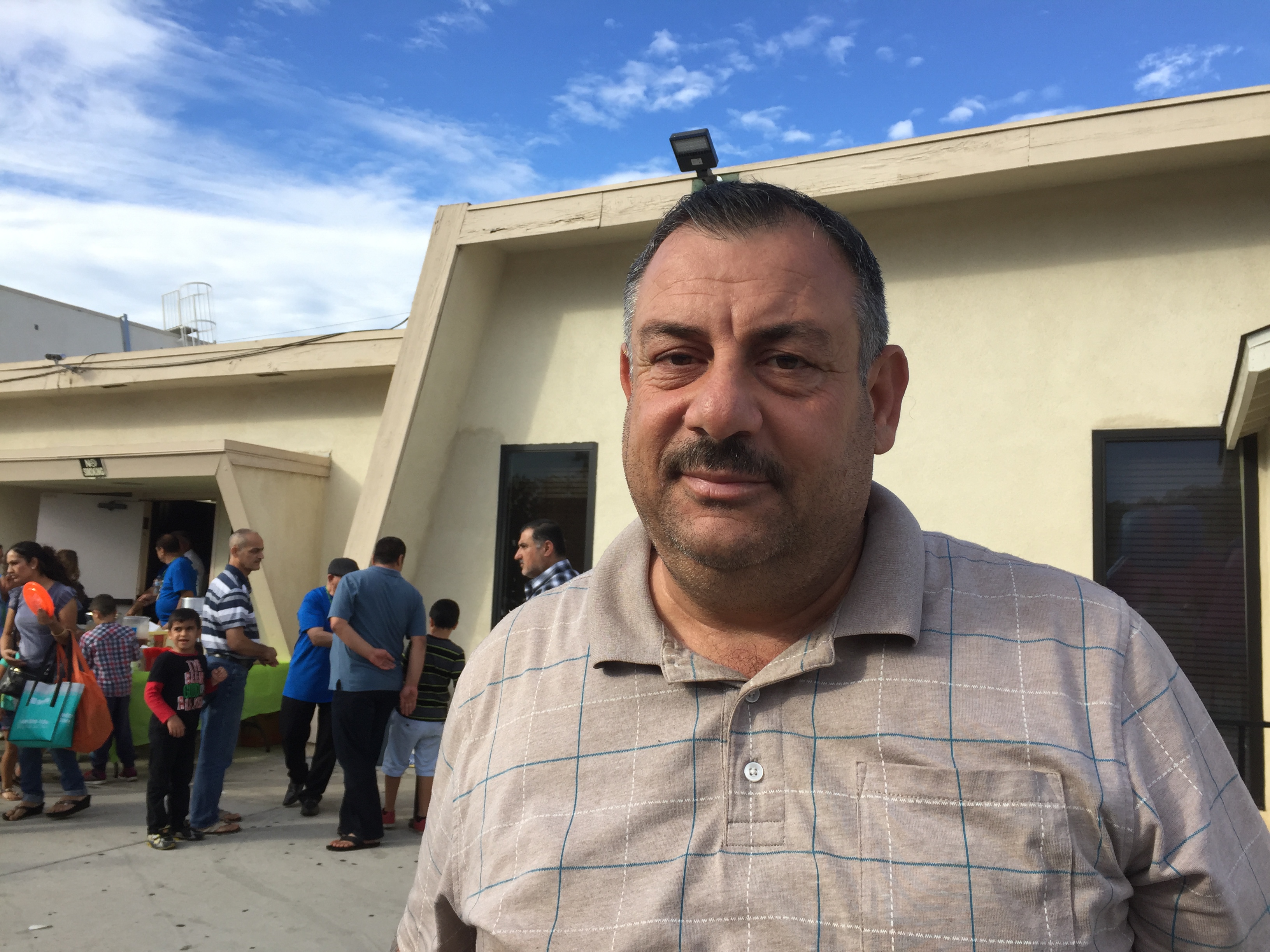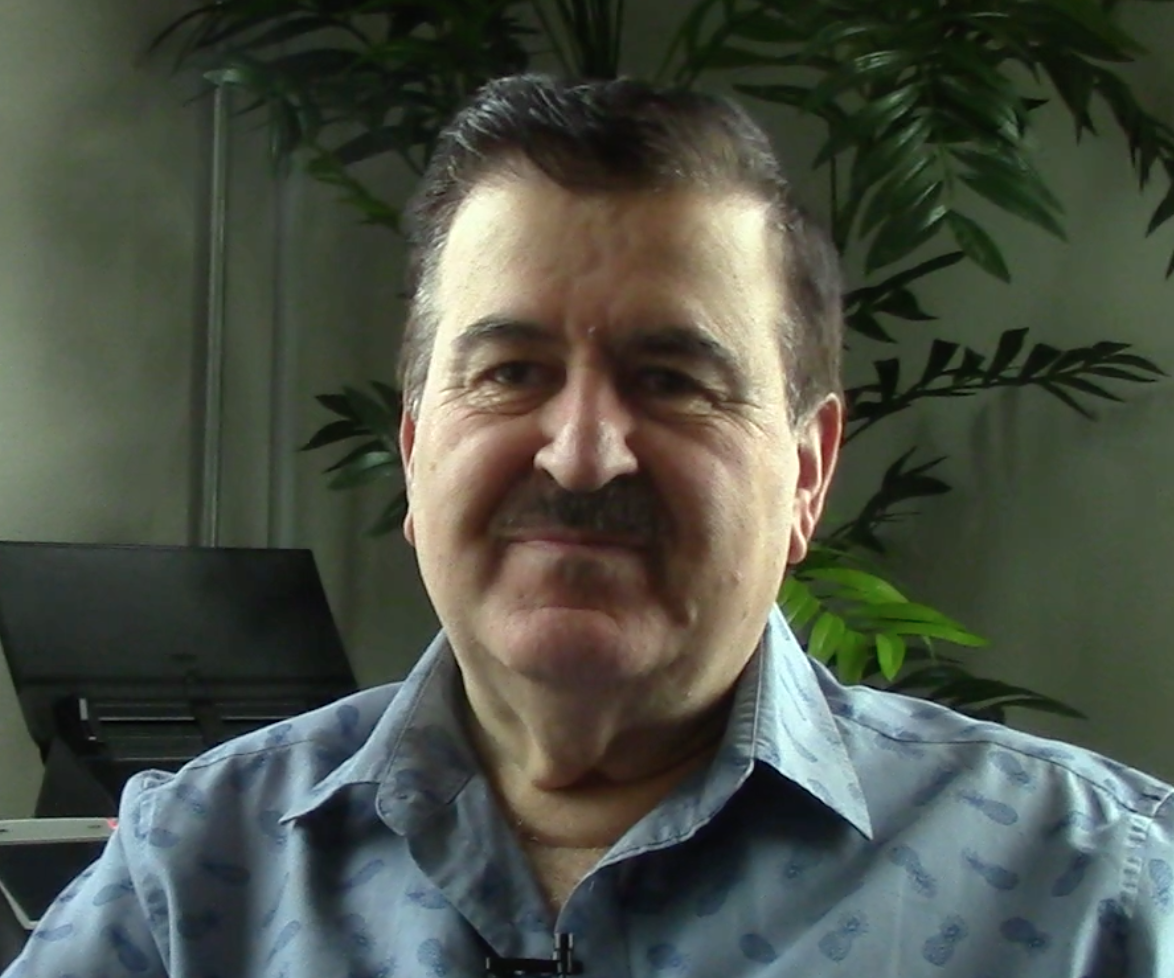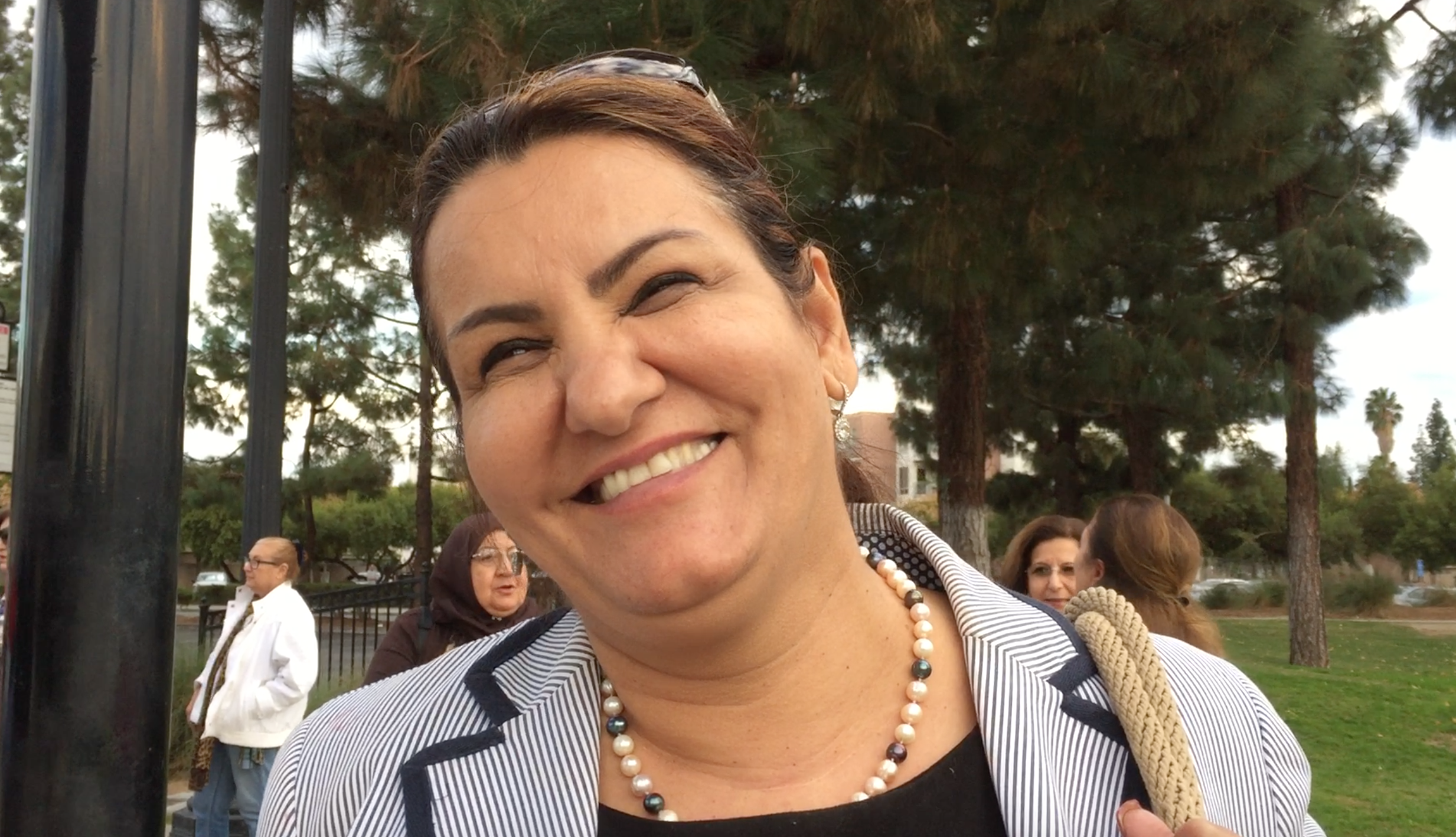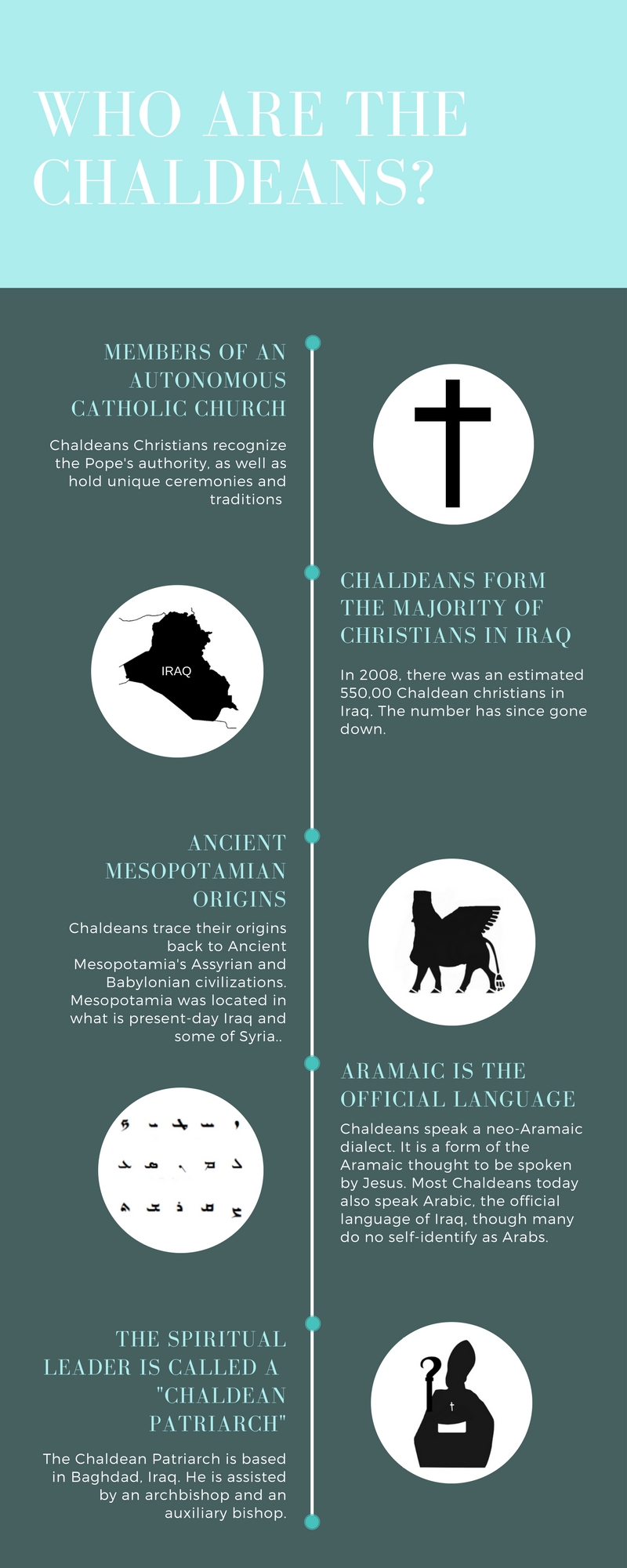Following the US-led invasion that toppled Saddam Hussein's government in 2003, Iraqis bore witness to several years of violent conflict between different religious and ethnic groups. Since the formation of the Sunni Muslim militant group, ISIS, the UNHCR, the U.N. refugee agency, reported more than 3 million Iraqis displaced inside and outside Iraq, and about one million displaced before 2014. The organization also reported that mass executions, rape and acts of violence are widespread in the country.
“I sacrificed everything because of the horror we endured. We needed to feel safe,” said Naamo, “I would leave the house not knowing if I would come back home, or if my daughters would be there when I got back.”
76 percent of the refugee arrivals in San Diego County during the last five fiscal years are from Iraq, and the majority of Iraqi refugees are settling in the city of El Cajon, where there is an established Iraqi community, according to a 2016 report by the County of San Diego Health and Human Services Agency, which also reported that the majority of Iraqis in San Diego County are Chaldean.
“We left the killing and the persecution and came here, and entered into this new problem where we can barely make rent and live easily,” said Naamo.
Though they feel safer in California, life in the United States has required many sacrifices. Leaving their large homes behind is only the tip of the iceberg, especially for Iraqis who don’t speak English, have to support large families and deal with higher living expenses.

